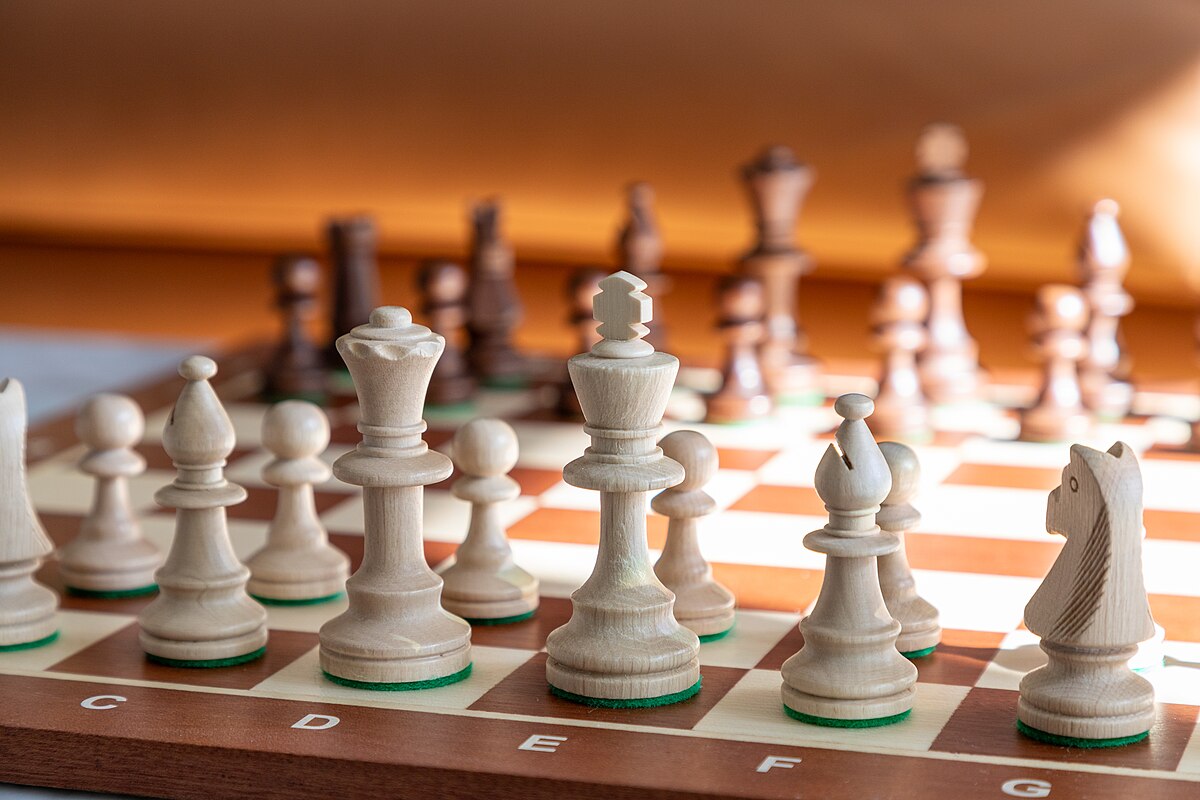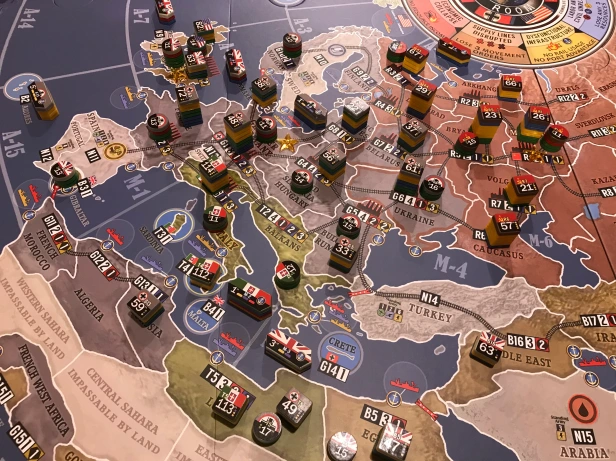In our screen-dominated era, the value of games that stimulate the mind can’t be overstated. These activities do more than pass time—they sharpen cognitive skills, foster connection, and provide enjoyable challenges that benefit players of all ages. As families and educators seek meaningful entertainment options, classic games are experiencing a renaissance, revealing their timeless ability to develop critical thinking in ways that many modern alternatives cannot match.
Chess: The Timeless Strategist’s Playground

Chess remains unmatched in its ability to develop strategic thinking through seemingly simple mechanics that unfold into infinite complexity. What starts as learning how each piece moves evolves into understanding positional advantages, recognizing patterns, and anticipating an opponent’s intentions several moves ahead. Regular players often report improved concentration as the game demands complete focus—a welcome mental discipline in our distraction-filled world.
The beautiful frustration of chess lies in its perfect information nature; with no hidden elements or chance involved, victories feel genuinely earned through superior thinking. Community chess clubs foster intergenerational connections where age frequently bears no relation to skill level, allowing children to compete equally with adults.
The game’s universal language transcends cultural and linguistic barriers, enabling meaningful competition between people who might otherwise struggle to communicate. This ancient pastime continues teaching patience and consequences in a world increasingly oriented toward instant gratification.
Card Games: The Social Mathematics of Chance
The gin rummy card game online exemplifies how traditional pastimes effectively transition to digital platforms while preserving their cognitive benefits. This classic card game challenges players to track discards, calculate probabilities, and make quick decisions based on incomplete information—all valuable mental exercises.
Playing gin rummy card game online connects family members across distances, creating virtual spaces where grandparents regularly engage with grandchildren through meaningful competition rather than passive conversation.
The game’s alternating moments of tension and release—as players approach then finally declare “gin”—creates natural emotional rhythms that bond participants through shared experience. The mathematical thinking happens so naturally that many players don’t realize they’re practicing arithmetic skills while planning sequences and calculating point values.
Unlike many modern video games designed for solo play, these card games inherently foster conversation and observation of subtle social cues even in their digital format. The accessibility factor proves significant—people can join a quick round during lunch breaks or evening downtime without elaborate setups or equipment.
Word Games: Vocabularies Expanding Through Play
Word games transform language development from academic exercise to genuine enjoyment through competitive frameworks that reward verbal agility. Regular players gradually expand their working vocabulary not through rote memorization but through the practical application of discovering which unusual combinations of letters form valid words.
These games brilliantly balance skill with chance—the random distribution of letters creates equalization opportunities where novices occasionally outperform experts through lucky draws or inspired guesses. The cognitive flexibility required to rearrange letters into different patterns exercises mental pathways associated with problem-solving across various domains.
Family word game nights often reveal surprising knowledge from quieter members who might otherwise keep their linguistic talents hidden in regular conversation. The cross-generational appeal comes from the variable difficulty—younger players can form simple words while more experienced participants hunt for obscure terms or strategic placements.
These games provide genuine educational value while avoiding the feeling of structured learning, making them particularly valuable for reluctant students who thrive in competitive rather than classroom environments.
Logic Puzzles: Systematic Reasoning Through Recreation
Logic puzzles systematically develop deductive reasoning by requiring players to eliminate impossibilities until reaching inevitable conclusions—a thinking process valuable across countless real-world scenarios.
The satisfying progression from initial confusion to complete clarity creates powerful neurological rewards that reinforce critical thinking pathways in developing and mature brains alike. These puzzles teach persistence through initially overwhelming challenges that become manageable through methodical approaches rather than random guessing.
The self-contained nature of each puzzle provides a refreshing contrast to our often open-ended daily problems, offering the emotional satisfaction of definitive completion. Many puzzlers report a meditative quality to the deep concentration these challenges require, providing mental health benefits alongside cognitive development.
The variety within this category ensures appropriate challenges across developmental stages—from simple grid-based puzzles for younger players to complex scenarios requiring multiple logical operations for experienced solvers. These activities demonstrate how entertainment can simultaneously relax and stimulate the mind when thoughtfully designed around core reasoning principles.
Strategy Board Games: Consequence-Based Decision Making

Modern strategy board games teach complex decision-making through systems where choices early in play have cascading consequences throughout the experience—mirroring real-world planning challenges. These games create safe spaces to practice risk assessment and resource management without real-world penalties for miscalculation.
The social negotiation elements present in many titles develop emotional intelligence alongside analytical thinking as players must read opponents’ intentions while concealing their own plans. The tactile dimension of physical game pieces activates different neural pathways than screen-based activities, creating more complete cognitive engagement and stronger memory formation.
Many families report that strategy game sessions open communication channels otherwise closed between parents and teenagers, creating natural opportunities for mentorship through gameplay rather than direct advice. The inherent replayability of well-designed strategy games—where variable setups and human opponents ensure no two sessions unfold identically—provides exceptional value compared to linear entertainment experiences.
These activities frequently spark interest in related subjects, with history-themed games inspiring further reading about their periods and science-fiction settings encouraging exploration of scientific concepts.
Pattern Recognition Games: Training the Brain to See Structure
Pattern recognition games develop our inherent human ability to identify structure within apparent randomness—a foundational skill underlying mathematics, science, and language acquisition. Regular engagement with these challenges strengthens working memory as players must maintain multiple potential patterns simultaneously while testing each against new information.
The incremental difficulty progression found in well-designed pattern games creates natural learning curves that keep players engaged through balanced challenge.
The satisfaction of suddenly perceiving connections previously invisible creates dopamine releases that positively reinforce this type of analytical thinking. These activities effectively bridge concrete and abstract thinking by presenting tangible elements that must be organized according to conceptual frameworks. Many educators incorporate pattern games into curriculum precisely because they develop pre-mathematical thinking without the anxiety sometimes associated with formal arithmetic instruction.
The visual-spatial reasoning developed through these activities transfers to numerous practical applications from reading maps to organizing information to appreciating artistic compositions. Research suggests that regular pattern recognition practice may help maintain cognitive flexibility throughout aging, potentially delaying symptoms associated with cognitive decline.
Conclusion
The enduring value of these mentally stimulating games lies not just in their cognitive benefits but in their ability to bring people together through shared challenges. As we navigate an increasingly complex world, these activities provide more than entertainment—they develop precisely the mental agility needed to adapt to changing circumstances. Perhaps their greatest strength is making rigorous thinking enjoyable rather than laborious, teaching us that developing our minds can be among life’s genuine pleasures rather than merely its necessities.

